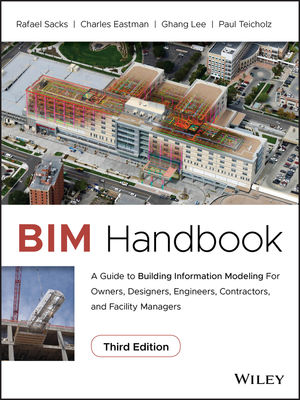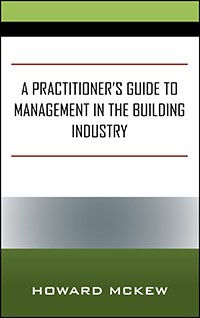I imagine the things that matter most to the hotel owner/operator are: pleasing the guest (see previous list), minimizing energy costs, and minimizing cleaning and maintenance costs.
Hotel owners/operators have a tremendous opportunity to take advantage of the commissioning process to help them achieve these goals. Given the fact that many hotels consist of similar systems simply repeated in different combinations and arrangements for each location, hotel owners have already discovered the value of standardizing on systems, vendors, replacement parts, etc.
Therefore, the effort and cost of commissioning those systems can be minimized by standardizing the commissioning process. Standard system configurations and sequences of operation allow for standard checklists and test procedures that may need only slight tweaking from location to location as site-specific requirements change, primarily due to code and climate conditions.
Hotel owners also tend to be large corporations that are always building or renovating multiple facilities. As such, they are in a great position to "self-commission," i.e., to manage and/or oversee the standard commissioning process themselves, with little or no outside professional assistance. This is a benefit, because no one can represent an owner's interests better than the owners themselves.
All of this adds up to the ability to achieve fabulous benefits for some of the lowest commissioning costs in the design/construction industry. Because the hospitality industry is private and very competitive, the numbers that go along with this assertion are not readily available. In fact, for those who have defined documentation, testing, and training protocols necessary to achieve their facility systems goals, "commissioning" may be so integrated into their processes that they don't even break out the costs associated with it.
Commissioning at Mickey's House
As reported in a keynote address at the 1998 National Conference on Building Commissioning, Walt Disney World is a prime example of a company that has adopted commissioning in order to improve building performance and the company's bottom line.For the ten years prior to that conference, Walt Disney World had commissioned more than $1 billion worth of new construction, including hotels, convention centers, restaurants, commercial space, and nightclubs. All of these commissioned facilities opened without the initial performance problems that are characteristic of noncommissioned facilities. As noted in that presentation, Walt Disney World discovered the importance of commissioning the hard way, by living through a nightmare project that resulted in tens of millions of dollars worth of remedial design and construction, legal battles, and lost revenues.
In the interest of reducing operating costs, hotels have become far more complex and integrated over the past ten years. Building systems that used to be independent are now tied together and communicating with each other. The check-in/registration system may be integrated with the security system, which in turn may be integrated with the HVAC system - all of which may be integrated with the in-room entertainment system. Hotel owners are investing additional capital funds in these sophisticated systems in order to achieve significant operating cost savings over the life of their investment.
If the integrated systems don't operate flawlessly on opening day, guests are likely to be disappointed, and we all know that first impressions can last a long time. Management, in the interest of satisfying guests, may implement "temporary" fixes (e.g., revert to manual operation instead of troubleshooting the "new-fangled" electronics) that are never completely revisited, thus negating many of the intended cost savings over the future life of the facility.
By incorporating commissioning into the design and construction process preceding the grand opening, management will have a properly operating system with which to welcome their guests. They will also have complete and accurate documentation and training in order to appropriately address any issues that may arise. The result will be happy and impressed guests, the lowest possible operating costs, and a healthy bottom line for all investors. ES





